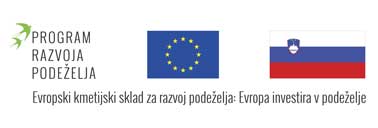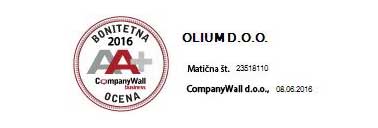Olive oil is one of the most valued and healthy foods globally. However, its popularity and high price create opportunities for fraud in the olive oil industry, affecting consumers, producers, and the food industry as a whole.
Types of Fraud in the Olive Oil Industry
- Mislabeling: Lower-quality oils are falsely labeled as extra virgin to fetch higher prices.
- Blending: Extra virgin olive oil is mixed with refined oils or other vegetable oils, diminishing quality and nutritional value.
- Geographical Fraud: Misrepresenting the origin of oil to exploit higher prices associated with specific regions.
Consequences of Fraud
- Health Risks: Use of low-quality or contaminated oils can lead to health issues, including allergic reactions and digestive problems.
- Economic Impact: Fraud damages the industry’s reputation and consumer trust, harming legitimate producers.
- Legal Repercussions: Fraudulent manufacturers may face severe legal consequences, including fines and imprisonment.
Solutions to Prevent Fraud
- Stricter Regulations: Implementing international quality standards can help reduce fraud.
- Technological Solutions: Advanced chemical analyses and blockchain technology can ensure authenticity and traceability.
- Consumer Education: Informing consumers on how to recognize authentic olive oil can reduce demand for counterfeit products.
- Certification Programs: Geographic indications and organic certifications can enhance quality assurance and consumer confidence.
For more information on this topic, you can refer to relevant articles on food safety and industry standards.
European Commission. (2019). Study on the Economic Impact of Geographic Indications Protection for Olive Oil.
International Olive Council. (2018). Trade Standard Applying to Olive Oils and Olive-Pomace Oils.
U.S. Food and Drug Administration. (2020). Olive Oil Labeling Requirements.
Guillén, M. D., & Ruiz, A. (2003). Rapid simultaneous determination of virgin olive oil and other vegetable oils by proton NMR spectroscopy. European Journal of Lipid Science and Technology, 105(11), 688-696.
Casadei, E., Bendini, A., Valli, E., & Toschi, T. G. (2017). Fraud in olive oil and sensory analysis. In Olive Oil – Constituents, Quality, Health Properties and Bioconversions (pp. 287-307). InTech.
Garcia-Gonzalez, D. L., Aparicio, R. (2010). Research in Olive Oil: Challenges for the Near Future. Journal of Agricultural and Food Chemistry, 58(23), 12569-12577.








